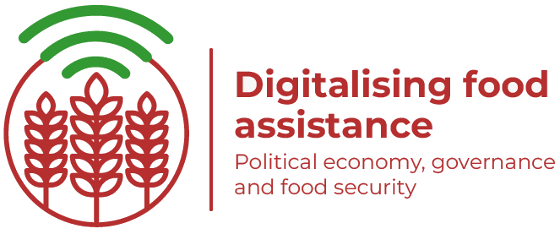Steering Group
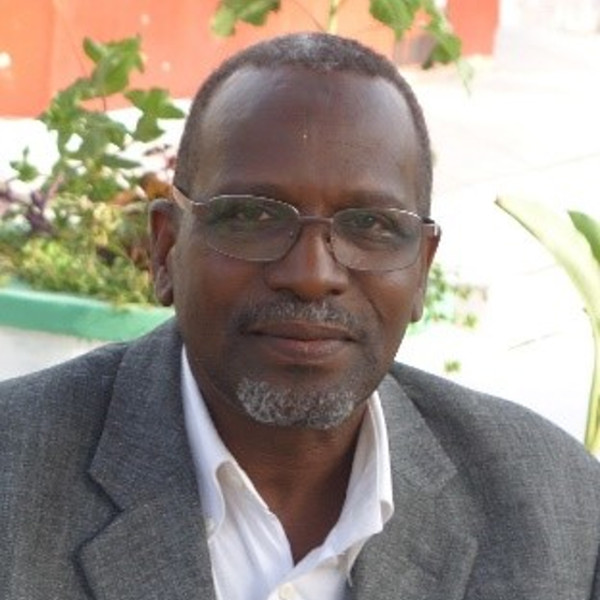
Musa Abdul Jalil is a Professor of Social Anthropology and the Director of the Peace Research Institute at the University of Khartoum. His research focuses on various aspects of socio-cultural anthropology in Sudan with a special emphasis on Darfur. He has published widely on dispute resolution, peacebuilding, and the challenges and opportunities for addressing issues such as land disputes and farmer-pastoralist relations, as well as forced displacement. He is a member of the panel of experts for the Max Planck Foundation for International Peace and Rule of Law project on constitutional making in Sudan.
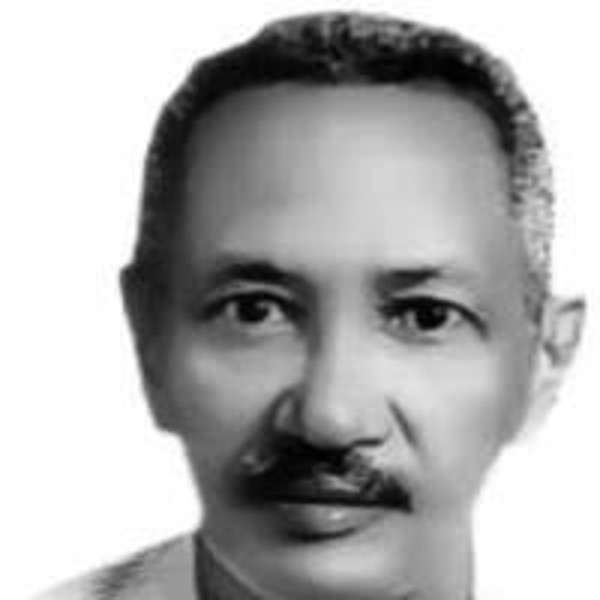
Atta El-Battahani is a Professor of Political Science, Political Economy; educated at Khartoum University (Sudan) and Sussex University (Britain). Earlier, he served as Head Department of Political Science, Faculty of Economics, University of Khartoum. He has extensive research experience and has published on Development Impact of Ethnic and Religious Conflicts in African Societies; Governance and state institutional reform in Africa and the Middle East; conflict and Cooperation in the Nile Valley; Gender Politics; Peripheral Capitalism and Political Islam; Elections and Political Transitions, and Democracy Deficit in the Arab World.
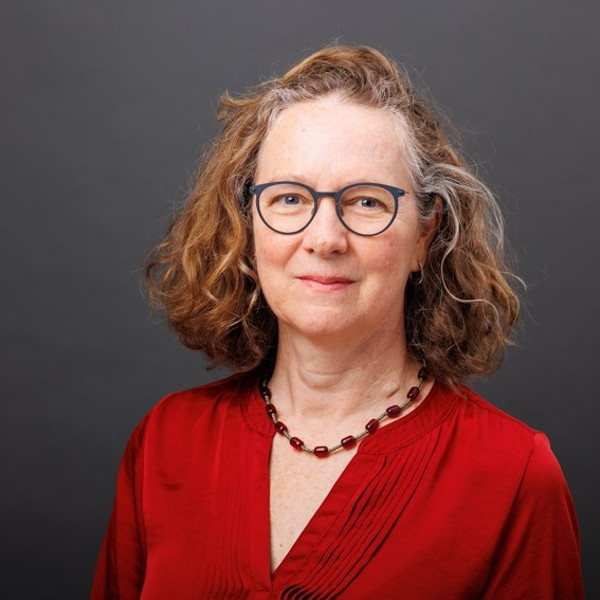
Laura Hammond is Pro Director of Research and Knowledge Exchange and Professor of Development Studies at SOAS University of London. She’s also a Fellow of the Academy of Social Sciences. With over three decades of experience, she focuses on food security, conflict, migration, and diasporas in the Horn of Africa. She heads the London International Development Centre-Migration Leadership Team, leads the EU Trust Fund’s Research and Evidence Facility on migration and conflict in the Horn of Africa, and co-directs the SOAS Centre for Migration and Diaspora Studies. Laura has consulted for UNDP, USAID, Oxfam, MSF, ICRC, and WFP, authoring ‘This Place Will Become Home: Refugee Repatriation to Ethiopia’ (Cornell University Press: 2004) and numerous book and journal articles.
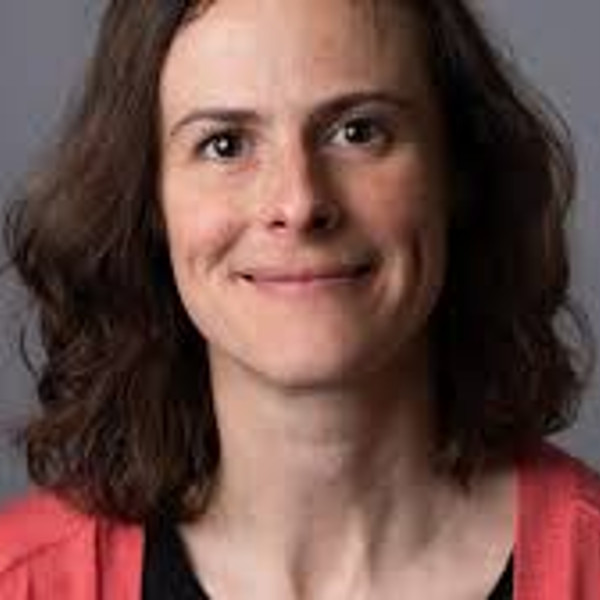
Elizabeth Hull is the Chair of SOAS Food Studies Centre and Senior Lecturer in Anthropology. She holds a Ph.D. from London School of Economics (2009) and her research is based on ethnographic research in South Africa’s KwaZulu-Natal province, examining diverse livelihoods in densely populated rural areas with limited formal job opportunities. She studies small-scale farming’s role in livelihoods, the interaction of formal and informal food systems, and how changing economic conditions affect future planning and aspirations.
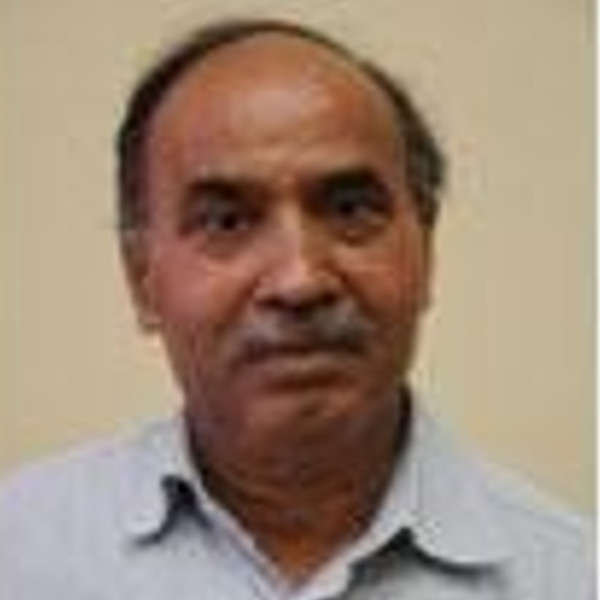
Alakh N. Sharma is a Professor and Director at the Institute for Human Development (IHD), New Delhi. He has held faculty positions at renowned institutions including the Institute of Economic Growth and V.V. Giri National Labour Institute. With over 30 coordinated research projects to his credit, his expertise spans livelihoods, poverty, employment, and labor markets. He has authored 18 books, published more than 50 research papers, and serves as the Editor for The Indian Journal of Labour Economics. Currently, he leads a research program on Employment, Social Protection, and Inclusive Growth in South Asia, supported by IDRC, UNESCAP, and ILO.
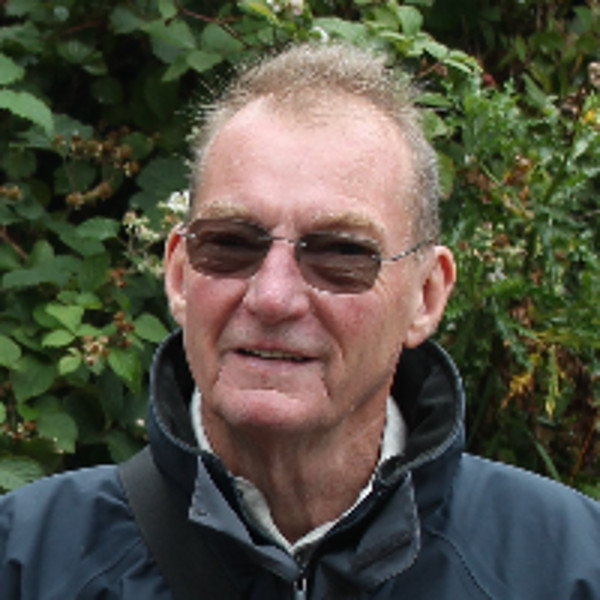
Mark Duffield is Emeritus Professor at the Global Insecurities Centre, University of Bristol and Honorary Professor, School of Government and Society, University of Birmingham. He has taught at the Universities of Khartoum, Aston, Birmingham, Leeds, Lancaster and Bristol. Outside of academia, he was Oxfam’s Country Representative in Sudan during the latter half of 1980s. Mark has extensive experience of conflict and humanitarian disasters in Africa, the Balkans and Afghanistan.
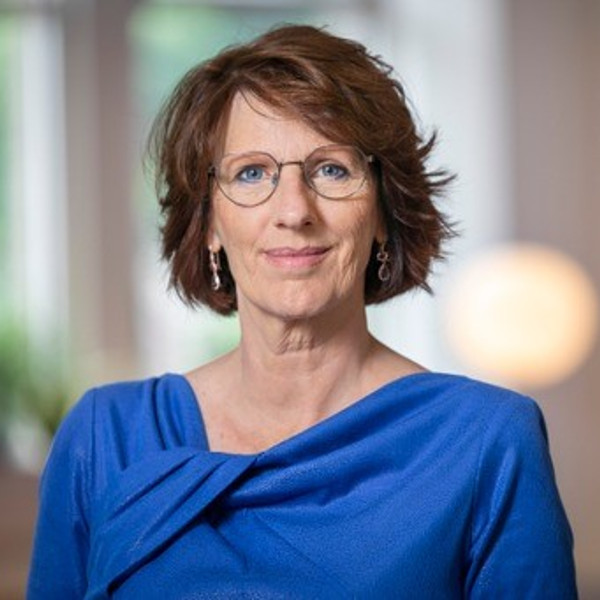
Dorothea Hilhorst is a Professor of Humanitarian Studies at Erasmus University. She leads IHSA and focuses on aid-society dynamics, examining aid’s contextual embedding, government/society impact, and diverse actor involvement. She explores intersections of humanitarianism with development, peace, and gender. Research spans disaster/conflict-hit areas like Afghanistan, Congo, and South Sudan. Her current project examines ‘conflict meets disaster’ cases for governance insights. ERC granted her advanced research on humanitarian governance. She’s a Royal Netherlands Academy member.
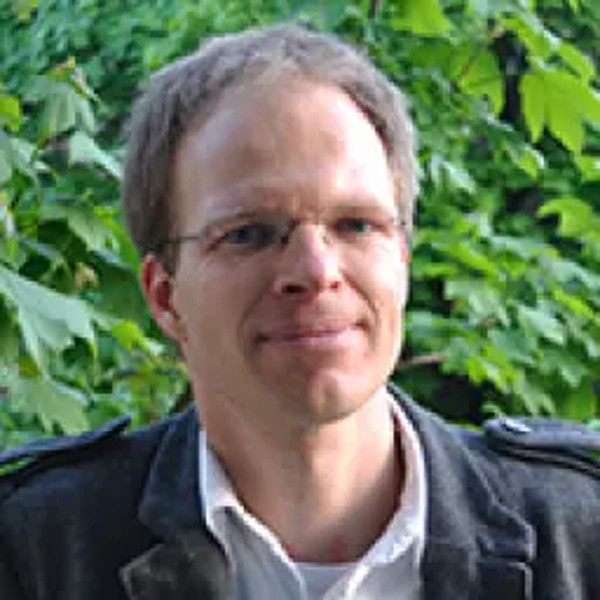
Oane Visser, is an Associate Professor in Agrarian Studies. He explores a wide range of research interests, including digital technologies in agriculture, land issues, large-scale farming, and financialization. His global research spans post-socialist Eurasia, the EU, Ghana, and the United States. With a PhD in Anthropology from Radboud University Nijmegen, he investigates the impact of digital innovations like GPS-guided equipment, drones, smartphone-based agronomic advice, and big data in farming. He examines their benefits, limitations, and socioeconomic implications, studying values and cooperation in the context of the digital “agrarian revolution.
